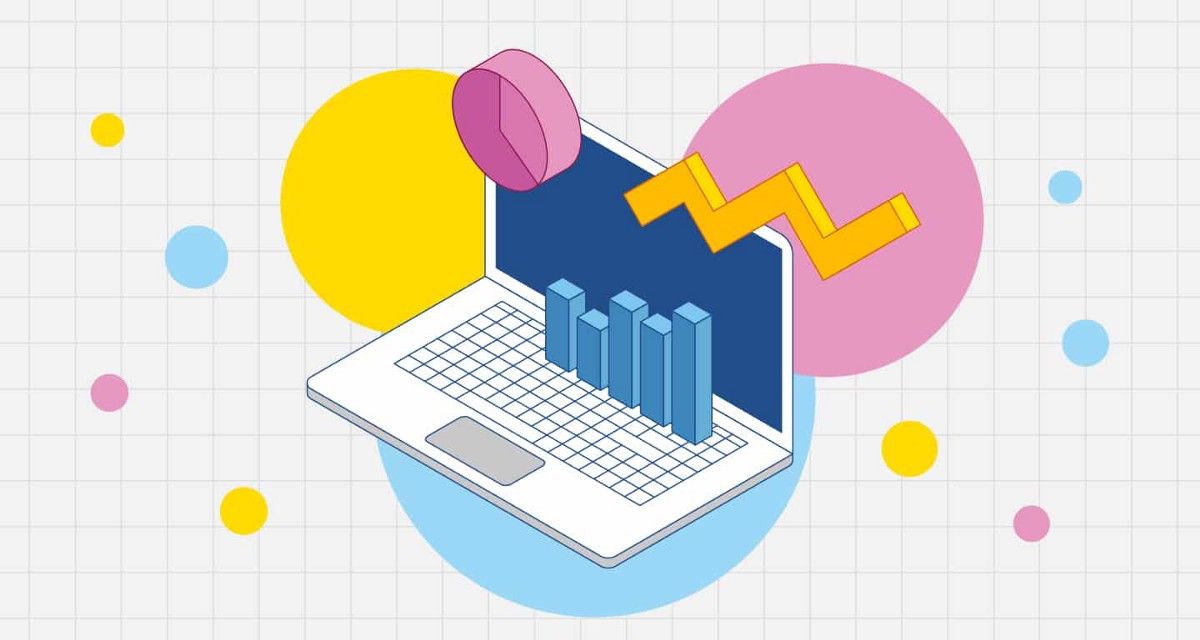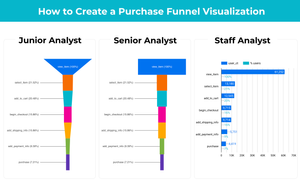Someone asked on Reddit the other day, “what makes a bad analyst?”. When I saw it I immediately started typing up my response, all took about only 30 seconds. Then I realized, I could think of what to say so fast because those were all the mistakes I’ve made working in analytics!
Surprisingly, none of my most memorable mistakes are technical-related.
The focus of an analytics career tends to be around tools, how to master SQL, Python, Tableau, etc. But at the end of the day, tools are used to achieve your goal, knowing what to use them for and how to think with them are just as important if not more.
Mistake 1 — Report vs. Analyze
When I started my career, I spent almost all my time on reporting, put numbers into a deck or dashboard, share with my stakeholders, call it a day and leave it for them to make sense of them; that is until I keep getting follow-up questions and realized I need to do more.
Analysts are advisers, not accountants. Reporting is an important part of the job, but not the entirety.
A good analyst doesn’t assume the role of reporting, but instead taking a step further to analyze and understand what does a particular metric mean, why it is what it is, and how to improve it.
A good way to avoid it — ask yourself — does your work pass the “so what” test?
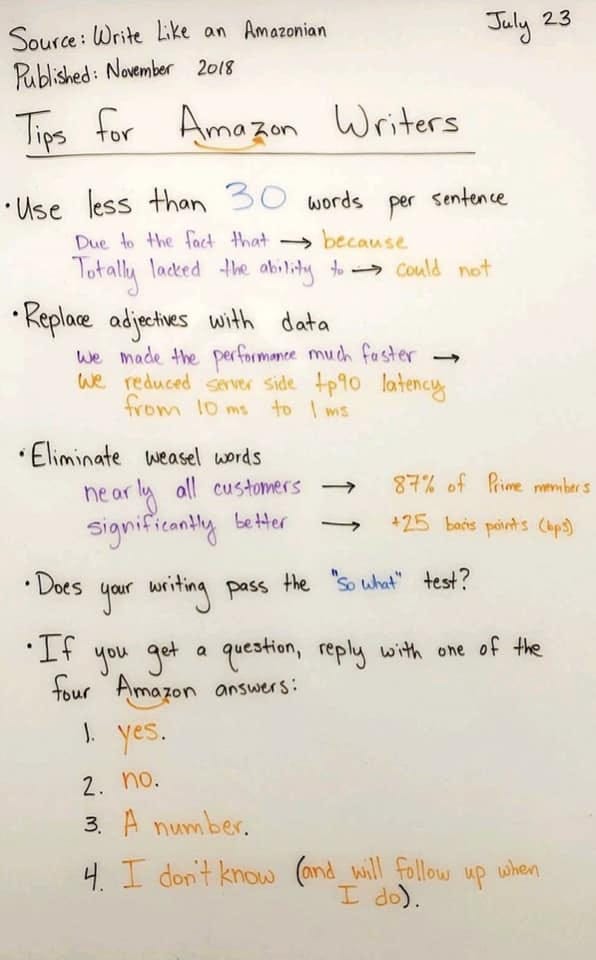
Mistake 2 — Adhoc vs. Automated
Part of the reason why I spent almost all my time on reporting was because it was really all I could do with the time I’ve got. I was the only analyst on the team, which means I always have a lot of ad-hoc requests coming my way — not a moment of rest!
I knew it was not sustainable, so I started to find ways to save time. When I found myself doing repetitive work, I find ways to automate it. When I kept answering the same questions from different people, I build dashboards, put together documentationS, host weekly/monthly performance meetings.
I was still the only analyst on the team, but gradually I could do much more with the time I’ve got, and do a better job because I had more time to think, to do more analysis.
If you want to grow, you have to free yourself from repetitive work that doesn’t help you learn.
Mistake 3 — Data>Storytelling
I once overheard a data scientist complaining about stakeholders not understanding their work. It took me a while to learn this, but it is not your stakeholders’ job to understand your work. It’s your job to help them understand and make decisions with your output.
Data literacy is certainly important and should be more widely adopted. Still, it’s not an excuse for analysts to do data puking, to use a difficult-to-understand chart just because it looks cool to you (yep — I’ve done that).
Data should be used as a means of better and more precise communication — data storytelling.
I highly recommend Data Story by Nancy Duarte — should make up for the missing part of our college education.
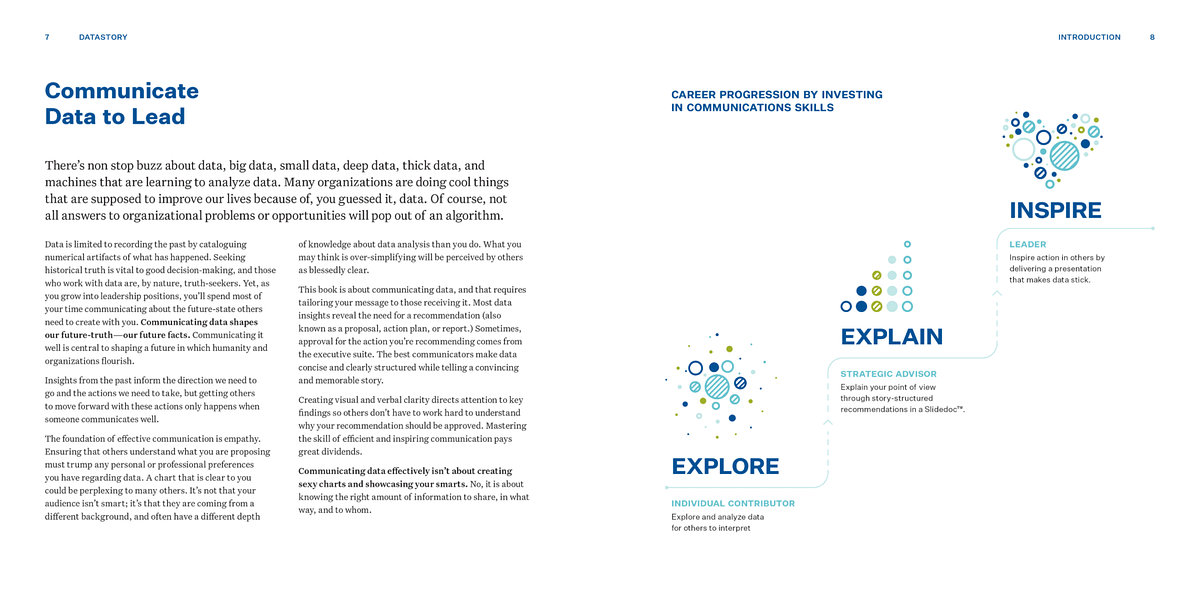
Mistake 4 — Local Maximum vs. Big Picture
During one of my job interviews, I asked a hiring manager how to be successful in my role, what he said stood with me: do what you are told to do at first, learn as much as you can during the process, and then have a big picture.
Junior analysts start out by doing a lot of local optimizations, why a campaign doesn't perform, why a landing page has a low CTR, etc. But if you want to climb up the ladder, you have to optimize for global maximum rather than local maximum, because the former is what ultimately what executives are measured against, what moves the business.
How you do that? Know the business well, know the customers well, know the priorities well, and focus more and more towards the top of the goal tree.
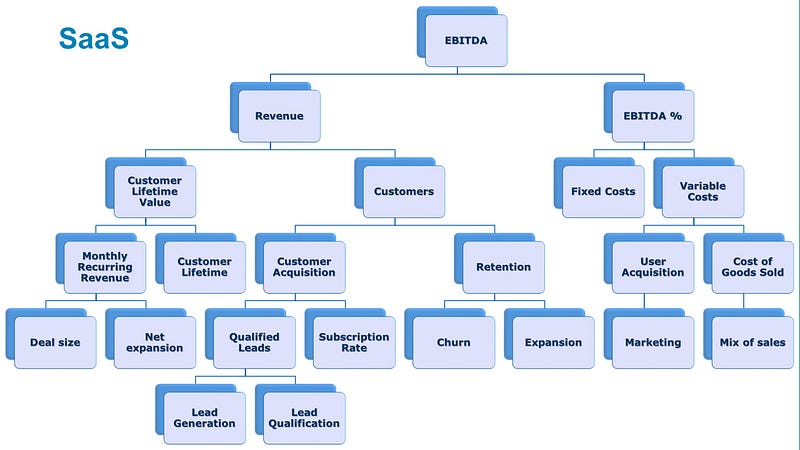
Mistake 5 — Support vs. Own
Analytics can often be seen as a supporting function. Your bonus is not tied to sales, meaning you don’t own the KPI. But I found a “supporting” mindset can often lead to a “don’t care because it’s other people’s problems” attitude and poor performance as an analyst.
Own the goal even if you don’t really own it. Look for ways to help the team achieve the goal even if it’s assigned to you. This is especially important training if you want to move towards a business management role when you will eventually own the KPI.
I wrote all of these like I am a master. The truth is, I still have to consciously avoid making these mistakes, and sometimes I still do.
Mistakes are how you learn. If sharing these at least can give you a heads up of what could be coming, it’s not wasted.

